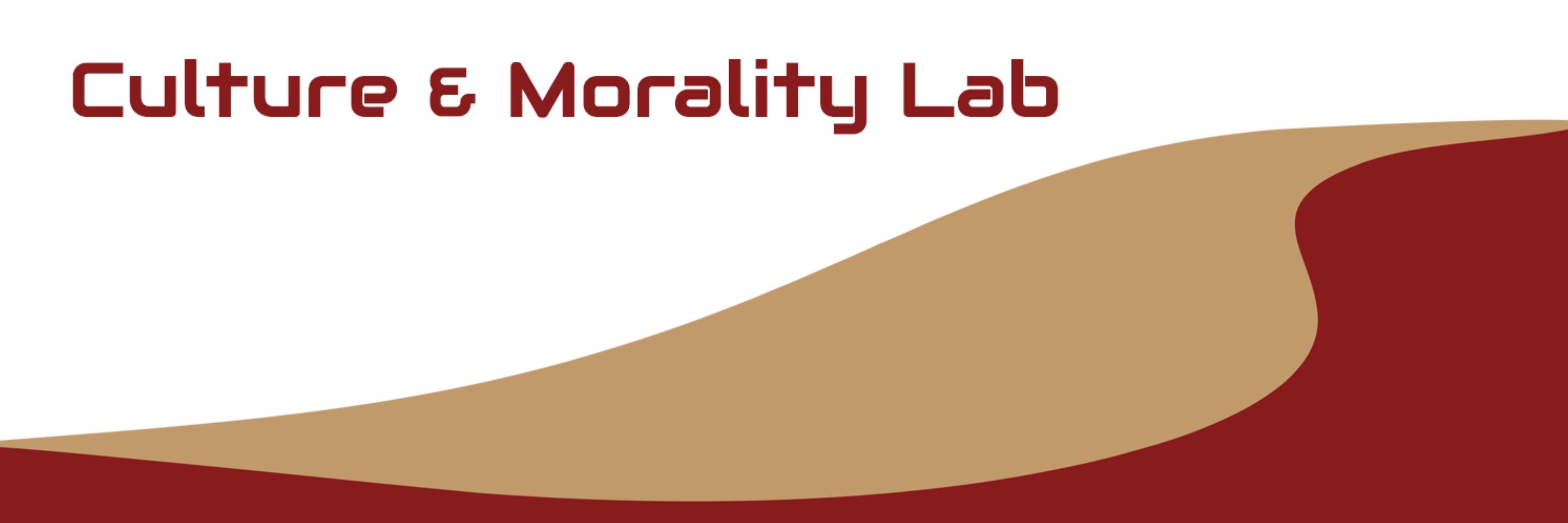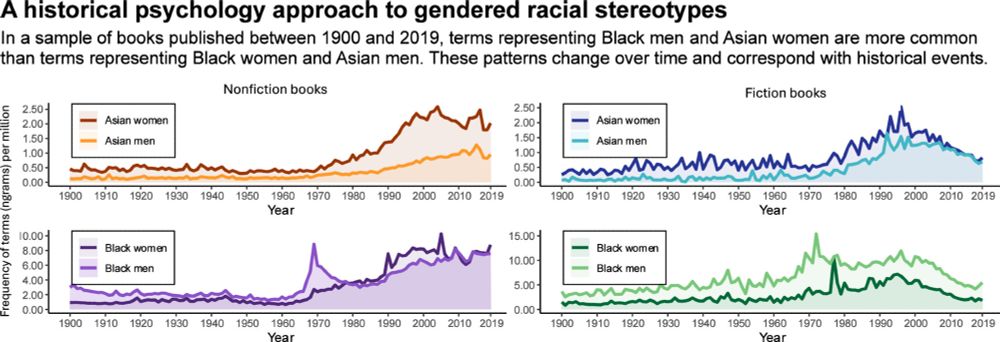
Assistant Professor of Psychology at UMass Amherst.
Director of the Culture and Morality Lab.
Reposted by Gordon Hodson, Mohammad Atari
bonus, Edinburgh is a phenomenal city to live in with wonderful, walkable quality of life
elxw.fa.em3.oraclecloud.com/hcmUI/Candid...
Reposted by Mohammad Atari

journals.sagepub.com/doi/full/10....
Reposted by Mark J. Brandt, Stefan Müller

"Public Speakers With Nonnative Accents Garner Less Engagement" -- now out in Psych Science!
This is my first graduate student's first first-author paper (and it was her first-year project).
Short THREAD on the results:
Reposted by Mohammad Atari

Reposted by Mohammad Atari




FYI @stephanyrea.bsky.social is on the job market.

"Leveraging Natural Language Processing for Data-Driven Agent-Based Modelling of Online Cultural Dynamics"
www.exeter.ac.uk/v8media/recr...
More details here:
www.exeter.ac.uk/study/fundin...
Reposted by Mohammad Atari

Reposted by Mohammad Atari

Ancient Roman investment in infrastructure may explain why Southwestern Germans are so happy and healthy today
www.sciencedirect.com/science/arti...
Reposted by Mohammad Atari

www.sciencedirect.com/science/arti...
Reposted by Mohammad Atari

www.sciencedirect.com/science/arti...
Reposted by Mohammad Atari

www.sciencedirect.com/science/arti...
Reposted by Mohammad Atari

www.sciencedirect.com/science/arti...
Reposted by Mohammad Atari

The future requires strong causal identification and theorizing about how institutions can cement or change historical trends
www.sciencedirect.com/science/arti...
Reposted by Mohammad Atari

www.sciencedirect.com/special-issu...
Co-edited with @mohammadatari.bsky.social and featuring historical perspectives on love, racial identity, emotion expression, well-being, collectivism, religion, and more!
Brief 🧵

Reposted by Mohammad Atari

Reposted by Christopher Peters, Mohammad Atari


Reposted by Jill A. Jacobson
Tenure-track position, focus on the Psychology of Peace and Violence, UMass Amherst.
Review of applications will begin on October 24th.
Let us know if you have any questions!
Link:
careers.umass.edu/en-us/job/52...
Reposted by Mohammad Atari




